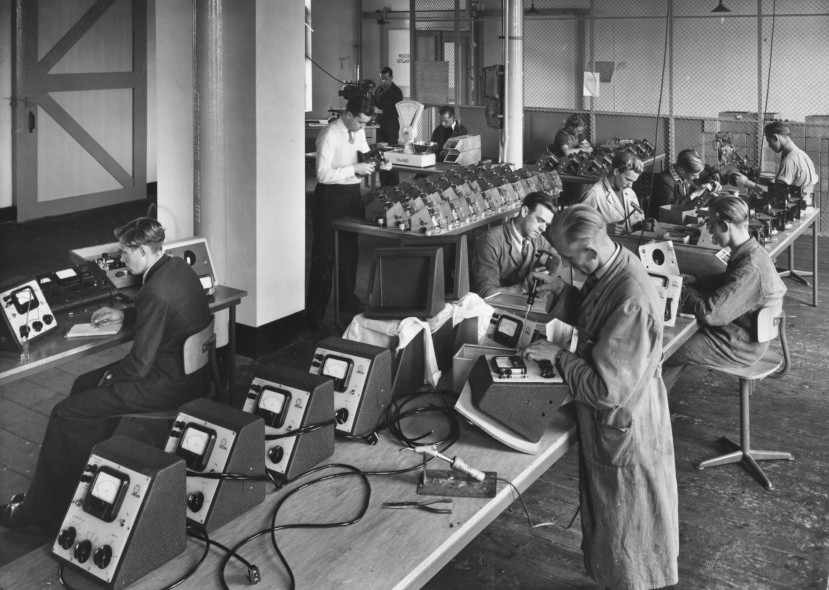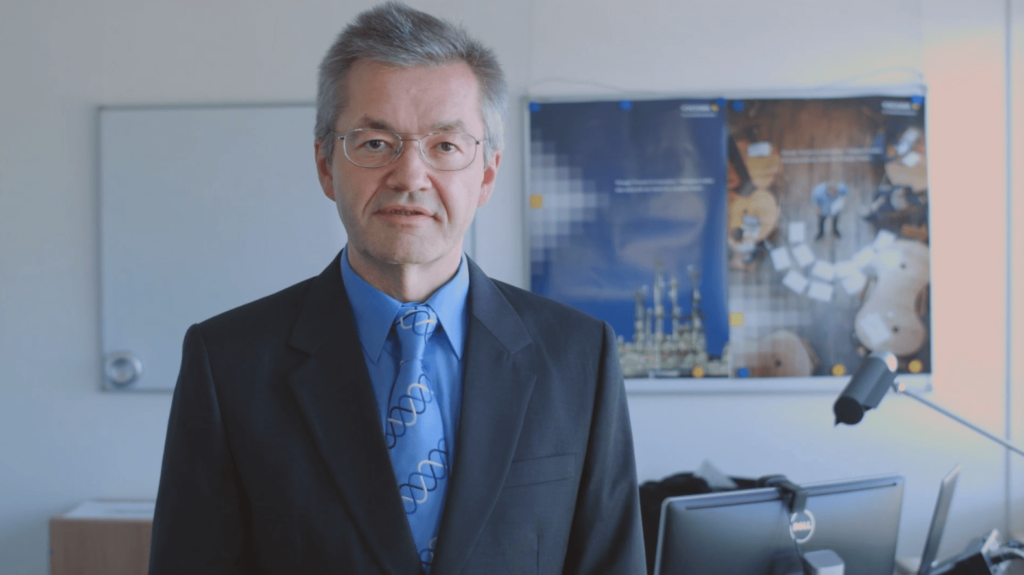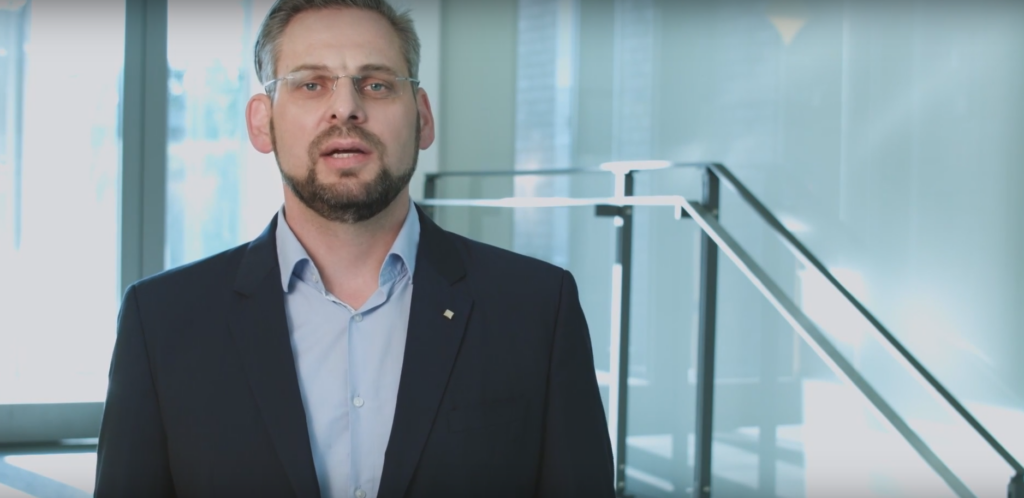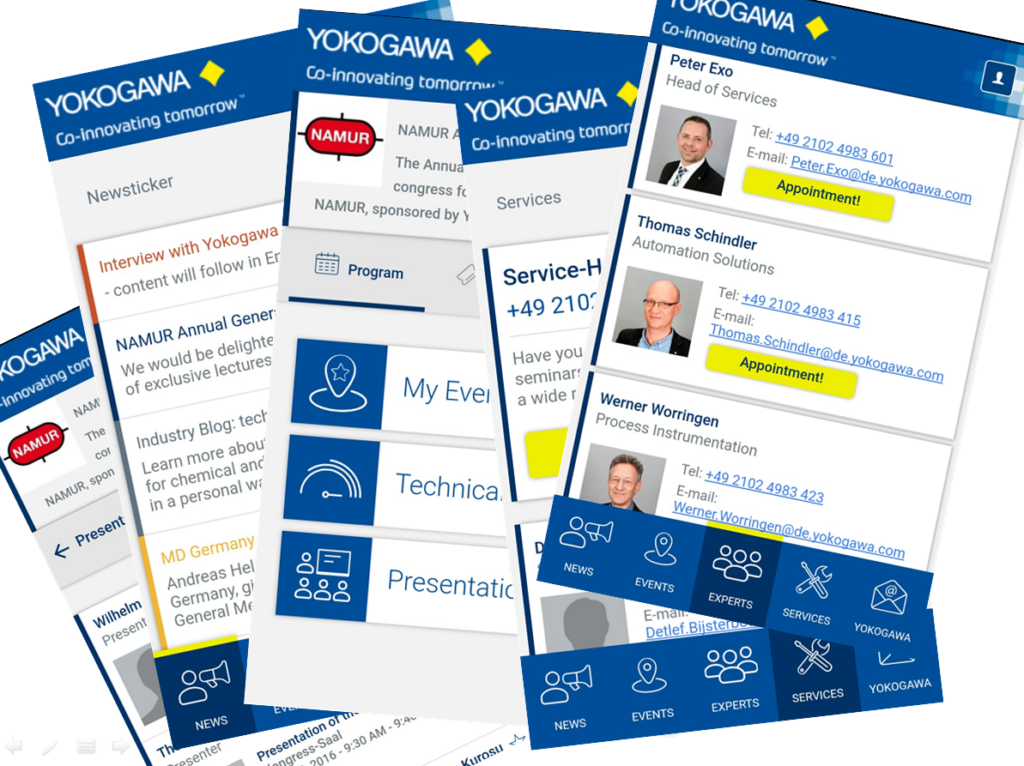The founding story: With an electricity meter all began
The concentrated energy of 100 years can be measured: in years, in stories – or with an electricity meter, since it all began: 1915 built three men a research institute in Tokyo to develop the previously imported from abroad electrical measuring instruments themselves. Founding father was Dr. Tamisuke Yokogawa, in his architect and civil engineer – and namesake of Yokogawa Electric Corporation, which emerged later from the research institute.
The founding father: Tamisuke Yokogawa
Tamisuke Yokogawa, born in 1864, had gone to finishing school in the United States to study steel structure. When he returned to his home, he led a first-class methods for earthquake- and fire-resistant construction and thus laid the foundation for modern architecture in Japan. As Japan’s power grid has been increasingly expanded, realized Tamisuke Yokogawa quickly the important role would play electric energy in buildings. So the idea matured to produce the needed electricity meter for the Japanese market itself. He founded the Research Institute of electric meters – the forerunner of Yokogawa Electric Works – and appointed his nephew, Ichiro Yokogawa, who had studied in Germany, to the Executive Director.
Courage belongs to Engineering
To the small team at the Institute included the young Shin Aoki, 26 years old, which should be Vice President of Yokogawa later. For Ichiro Yokogawa and Shin Aoki, the first task was to make a detailed study of imported electricity meter. They wanted to learn how you could produce such equipment on their own. Shin Aoki then built some prototypes, which he passed inspection and evaluation: to his colleagues at the Tokyo Imperial University, today’s University of Tokyo, and a number of private companies. Later, as the sale of electricity meter was already well under way, Aoki often visited his customers. So he learned how the devices tested and if defects occurred. His experience, he used to improve the devices continuously. His enthusiasm and passion for the art impressed, and its products earned a good reputation. Aoki and his colleagues were eager to try new things. They were convinced at the same time to benefit from unprofitable projects, because they could gain experience and build expertise. That would be worth in the long run.
Engineering spirit is what
Aoki’s pioneering spirit spoke to rum. Yasujiro Niwa, who later became President of Tokyo Denki University, examined at the time of a state laboratory magnetic materials: with fluxmeters that he had to import. He approached Shin Aoki and asked him if he could develop his own Fluxmeter. Aoki considered only briefly: He wanted to try it anyway.
Later Yasujiro Niwa recalled that moment: “At that time it was thought that the Japanese could never produce such precision instruments, and demand for Japanese instruments was low. But Mr. Aoki took up the challenge, and we were very happy when he succeeded after a year of intensive research, to build an instrument that surpassed even the Western products. ”
Another story tells how Shin Aoki with only one foreign catalog in hand a number of orders won – for products that were not yet built. This caused the other staff for a frenzy. But it was precisely this entrepreneurial spirit who created something that was maintained until then impossible: the first Japanese precision measuring instruments.
Durable and robust
In 1930, Yokogawa build a factory in Kichijoji, on the western outskirts of Tokyo, and moved with his instruments and research departments there. Other laboratories followed, one of them – the laboratory of Miyaji Tomota, who later became the fifth President of Yokogawa was – developed electrical indicators. Shin Aoki asked his colleagues to create panel displays, which would also harsh conditions, as occurred on voyages withstand. Tomota sought support for the research and consulted with Western manufacturers. When he finally succeeded, robust high-performance indicators not only to design but also to produce, he built this market further.
A foundation with a lot of Spirit
The founding story of Yokogawa shows people who were not afraid of making mistakes. Courageous and enthusiastic about technology as they were, they took new challenges, tasted and experimented, and learned in any attempt to do so. Your exemplary performance formed the foundation for the technological expertise and the boundless spirit of Yokogawa.




